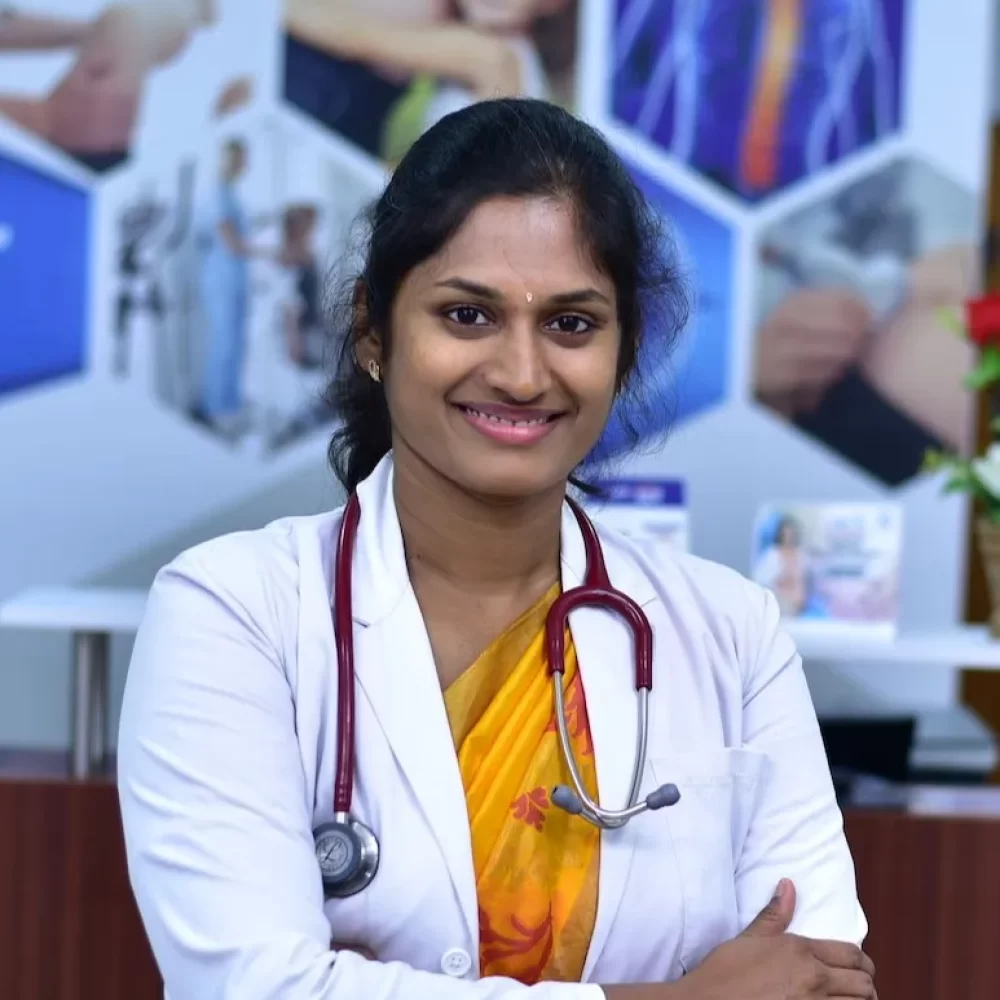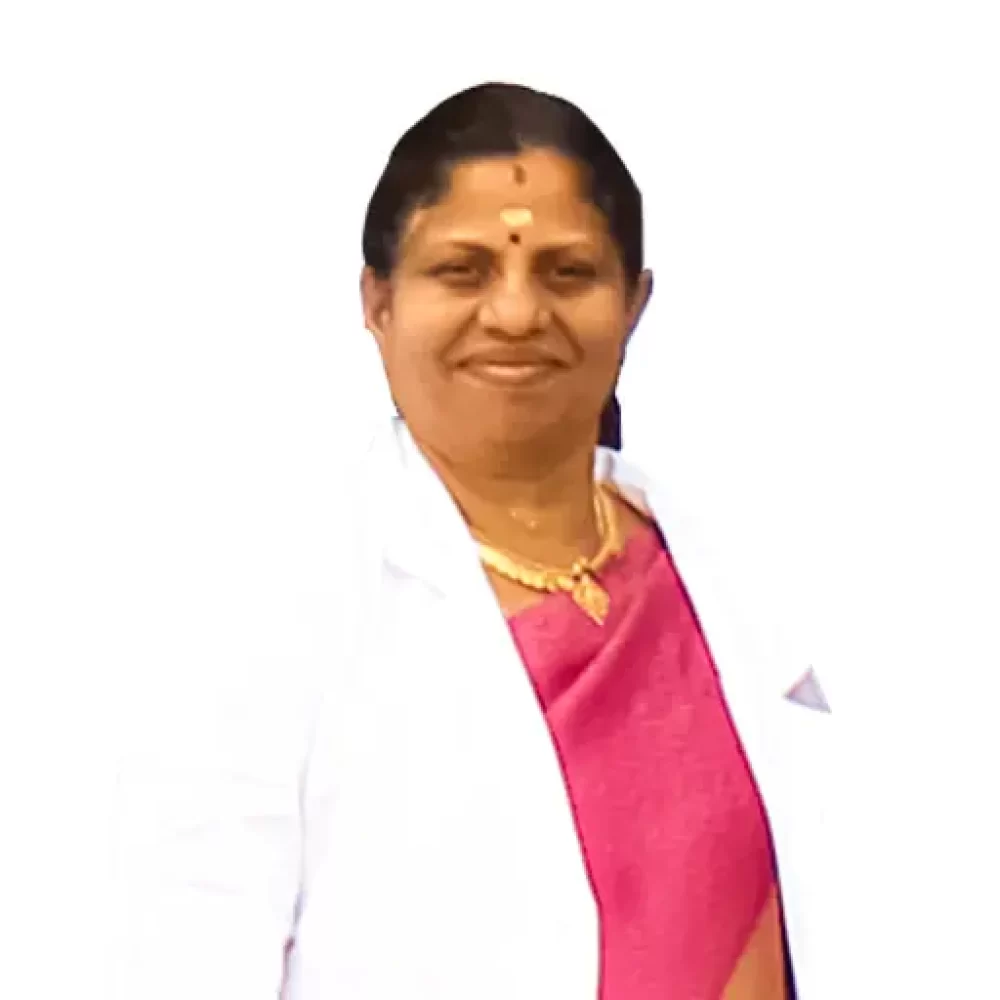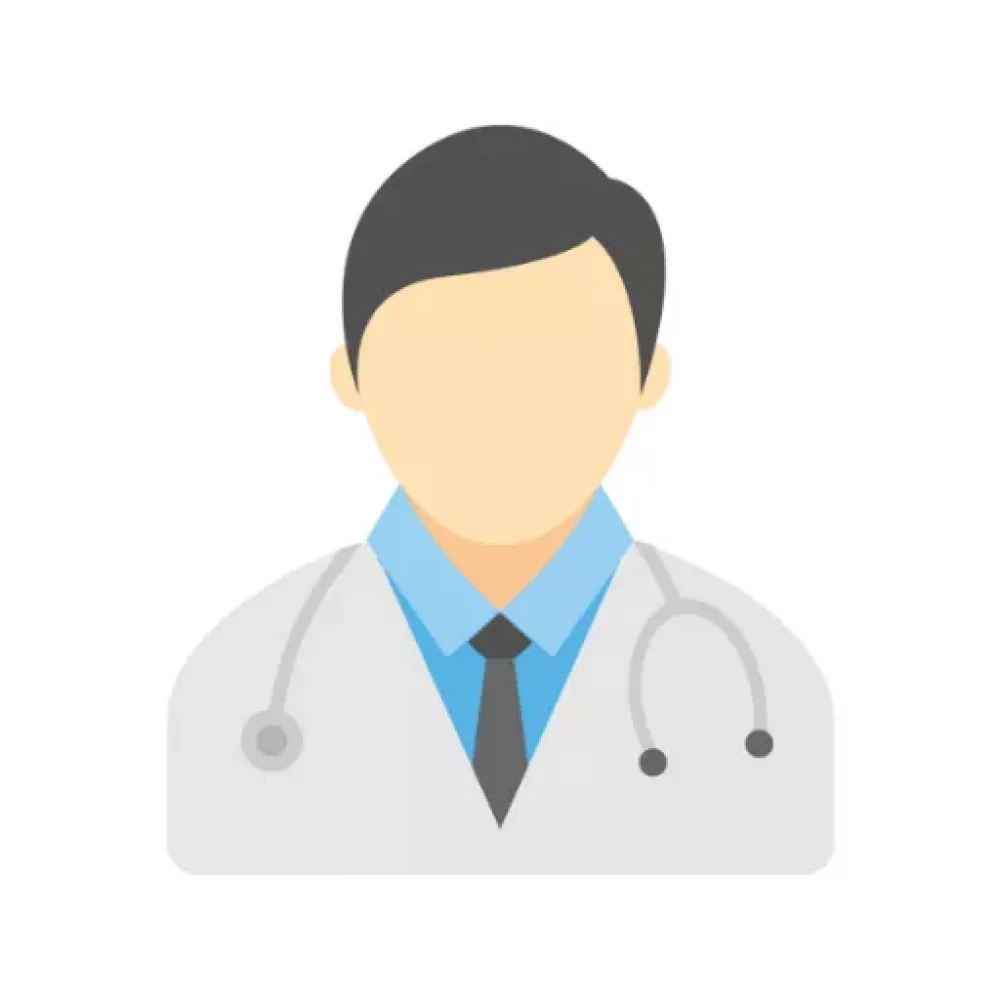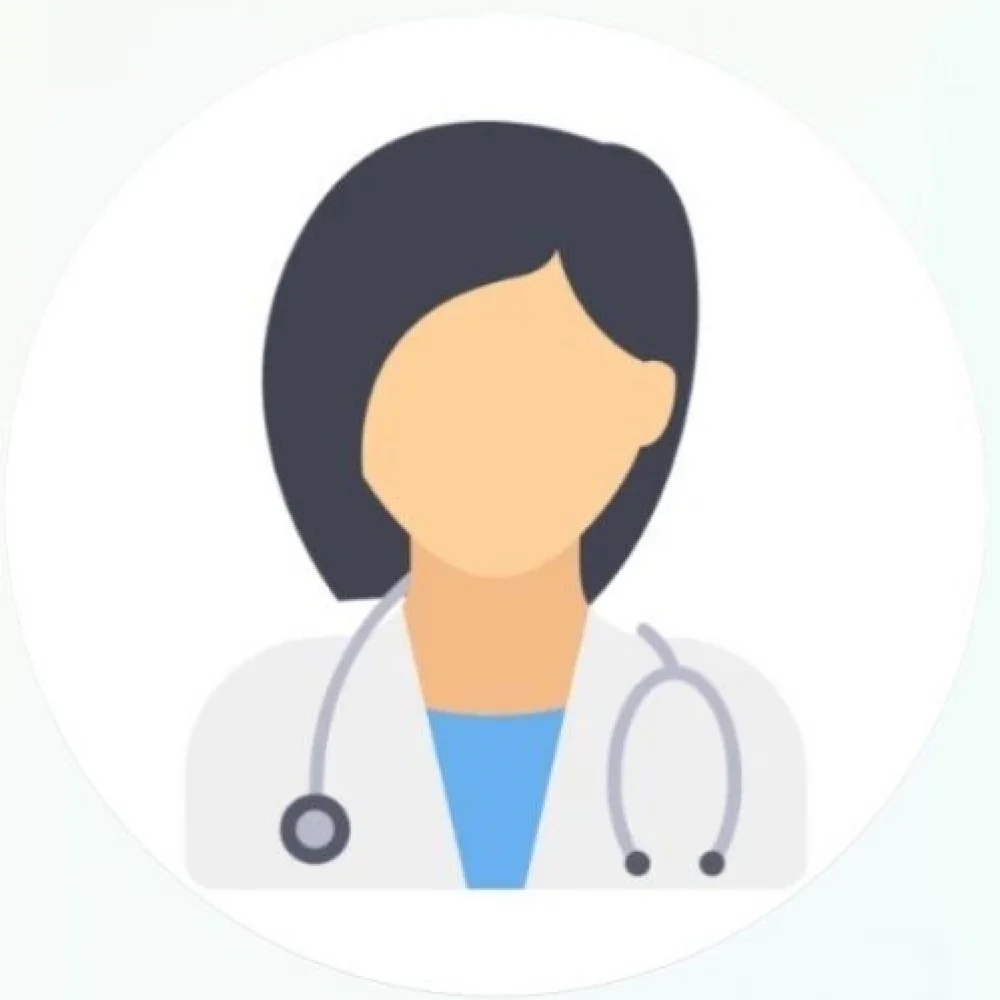Ophthalmology is a specialized branch of medicine dedicated to the diagnosis, treatment, and prevention of eye disorders. With the rapid advancement of technology, modern ophthalmic care provides highly effective solutions for various vision-related conditions. Early detection of eye diseases plays a crucial role in preventing vision loss and ensuring a better quality of life. Millions worldwide suffer from visual impairments, and timely intervention can significantly improve their ability to see clearly. From cataract surgeries to cutting-edge laser treatments, ophthalmology continues to evolve, enhancing patient outcomes and redefining eye care standards. Comprehensive eye care involves a multidisciplinary approach that integrates medical, surgical, and optical expertise to provide holistic treatment solutions.
What is Ophthalmology?
Ophthalmology focuses on the health of the eyes, covering a broad spectrum of conditions affecting vision and ocular structures. This field encompasses medical and surgical interventions that address various visual impairments and diseases. A well-functioning visual system is vital for daily activities, making ophthalmology an essential medical discipline.
- Medical Eye Care: Includes treatment for infections, dry eye syndrome, and glaucoma. Many conditions can be managed with medications and non-invasive procedures.
- Surgical Eye Care: Involves procedures such as cataract removal, corneal transplants, and retinal surgeries. Surgical interventions restore vision and prevent further deterioration.
- Refractive Eye Care: Focuses on correcting vision impairments like nearsightedness, farsightedness, and astigmatism. LASIK and other laser-based procedures help patients achieve clear vision without glasses or contact lenses.
- Pediatric Ophthalmology: Specializes in treating eye disorders in children, including amblyopia and congenital cataracts. Early intervention ensures better visual development.
- Neuro-Ophthalmology: Addresses vision problems caused by neurological conditions such as optic neuritis and brain injuries. It involves collaboration between neurologists and ophthalmologists.
Procedures
Ophthalmologists perform a variety of procedures to diagnose and treat eye diseases effectively. Advances in surgical techniques have made eye procedures safer and more precise.
- Cataract Surgery: The most common eye procedure, involving the removal of a cloudy lens and replacing it with an artificial intraocular lens (IOL). It restores clear vision and improves quality of life.
- LASIK and PRK: Laser eye surgeries that reshape the cornea to correct refractive errors, reducing dependence on glasses and contact lenses.
- Glaucoma Surgery: Includes laser treatments and filtration surgeries to lower intraocular pressure and prevent optic nerve damage.
- Retinal Surgery: Used for conditions like retinal detachment, macular holes, and diabetic retinopathy, helping to preserve vision.
- Corneal Transplant: Replaces damaged corneal tissue with healthy donor tissue, restoring vision in patients with corneal diseases.
- Intravitreal Injections: Used to treat conditions like macular degeneration and diabetic retinopathy by delivering medication directly into the eye.
- Eyelid and Orbital Surgery: Corrects drooping eyelids, tumors, and other structural abnormalities that affect vision and eye function.
Conditions Treated in Ophthalmology Hospital
Ophthalmologists manage a wide range of eye conditions, providing both medical and surgical care to preserve and restore vision.
- Cataracts: A leading cause of blindness, cataracts cause clouding of the eye’s natural lens. Surgery is the most effective treatment.
- Glaucoma: A group of eye diseases that damage the optic nerve, often due to increased eye pressure. Early detection and treatment prevent vision loss.
- Macular Degeneration: Affects the central vision, making tasks like reading and driving difficult. Advanced treatments can slow progression.
- Diabetic Retinopathy: Caused by diabetes, this condition damages the blood vessels in the retina, leading to vision impairment or blindness.
- Dry Eye Syndrome: Results from inadequate tear production or poor tear quality, leading to discomfort and vision problems.
- Keratoconus: A progressive condition that thins and reshapes the cornea, requiring specialized contact lenses or corneal transplant in severe cases.
- Retinal Detachment: A medical emergency where the retina separates from the back of the eye, requiring immediate surgical intervention.
- Strabismus and Amblyopia: Common in children, these conditions affect eye alignment and development, requiring therapy or surgery.
Latest Advancements in Ophthalmic Surgery
Ophthalmic surgery has seen remarkable innovations, improving precision, safety, and patient outcomes.
- Femtosecond Laser-Assisted Cataract Surgery: Enhances accuracy and minimizes recovery time compared to traditional cataract surgery.
- Robotic-Assisted Eye Surgery: Provides enhanced precision for delicate procedures such as retinal and corneal surgeries.
- Artificial Intelligence (AI) in Diagnostics: AI-powered tools assist in early detection of eye diseases, improving diagnostic accuracy.
- Gene Therapy for Retinal Diseases: Emerging treatments are targeting inherited retinal disorders, offering hope for conditions previously deemed untreatable.
- Stem Cell Therapy: Investigated as a potential treatment for degenerative eye conditions like macular degeneration.
- Custom Wavefront LASIK: Uses advanced mapping technology to tailor laser vision correction for each patient’s unique eye structure.
- 3D Printing in Ophthalmology: Aiding in the creation of customized corneal implants and surgical tools for enhanced precision.
- Tele-Ophthalmology: Expanding access to eye care through remote diagnostics and consultations, benefiting patients in underserved regions.
Preventing Vision Loss
Preventive measures play a critical role in maintaining eye health and reducing the risk of vision loss. Regular eye examinations can help detect issues early and allow for timely intervention.
- Routine Eye Exams: Annual check-ups help detect conditions like glaucoma and macular degeneration before symptoms appear.
- UV Protection: Wearing sunglasses that block UVA and UVB rays prevents long-term damage to the eyes.
- Healthy Diet: Foods rich in antioxidants, omega-3 fatty acids, and vitamins A, C, and E support eye health.
- Blood Sugar and Blood Pressure Control: Managing diabetes and hypertension reduces the risk of diabetic retinopathy and hypertensive retinopathy.
- Screen Time Management: Reducing prolonged screen exposure and using the 20-20-20 rule (looking away every 20 minutes for 20 seconds) helps prevent digital eye strain.
- Smoking Cessation: Smoking increases the risk of cataracts and macular degeneration. Quitting significantly improves long-term eye health.
- Protective Eyewear: Wearing safety goggles during sports or hazardous activities prevents eye injuries.
- Hydration and Blink Exercises: Proper hydration and frequent blinking help alleviate dry eyes and maintain tear film stability.
Conclusion
Ophthalmology plays a vital role in preserving vision and enhancing the quality of life for millions. Advances in medical and surgical treatments have revolutionized eye care, making it possible to diagnose and treat conditions with greater precision. Maintaining good eye health through preventive care, routine check-ups, and lifestyle modifications is essential for preventing vision loss. With continuous research and technological progress, ophthalmology remains at the forefront of medical innovationAt Prime Indian Hospital, expert ophthalmologists and dental & oral surgery specialists provide world-class care for comprehensive health and well-being.














